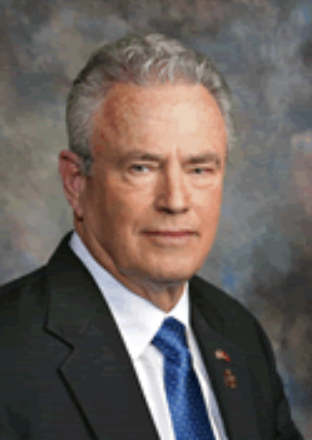
Wisconsin lawmakers have advanced a bill aimed at closing gaps in the state’s child protection system by requiring stronger coordination between child welfare workers and law enforcement. Senate Bill 432—known as Zoey’s Law—passed the Wisconsin Senate on November 18 with an 18–15 vote and now moves to the Assembly for consideration.
The legislation is named for Zoey, a four-year-old Wisconsin child with cerebral palsy who tragically died of an alcohol overdose. Her case, lawmakers say, revealed critical weaknesses in how child abuse reports are screened and handled. Before her death, doctors and school staff reported multiple injuries—including broken bones and bruising—to Child Protective Services. Those reports were screened out, and police were never notified. Zoey’s blood alcohol content was later found to be 0.57.
Senate President Mary Felzkowski described the bill as an overdue corrective measure for a system that “failed Zoey at every stage.”
Closing the Loopholes in Mandatory Reporting
Under current Wisconsin law, mandatory reporters—such as teachers, doctors, school employees, and social workers—must alert county child welfare departments or police when they have reasonable cause to suspect child abuse. But only reports related to sexual abuse or human trafficking are required to be forwarded to law enforcement within 12 hours.
Other types of suspected abuse—physical abuse, emotional harm, neglect, or exposure to drug manufacturing—are handled at the discretion of the child welfare agency. These agencies must have written policies outlining when they will refer such cases to law enforcement, but they are not required to make those referrals.
Zoey’s Law changes that.
SB 432 mandates that all reports of suspected or threatened abuse—not just sexual abuse—must be referred to police within 12 hours. The bill aligns Wisconsin with a growing number of states that require law enforcement involvement earlier in potential abuse cases, particularly where repeated reports have been made.
The bill does not change the definition of abuse. Wisconsin’s existing statute already covers a broad range of non-accidental physical injuries, sexual abuse, trafficking, methamphetamine manufacturing in the presence of a child, and emotional damage that parents or guardians have failed to address.
Expanding the List of Mandatory Reporters
Another core component of the bill is the expansion of Wisconsin’s list of mandatory reporters. SB 432 clarifies that “social worker” refers specifically to state-certified social workers. It also adds a new category: child welfare department employees who work directly with children or handle child welfare cases.
Lawmakers behind the bill—Senators Quinn, James, and Marklein—argue that those employees are often the first to recognize signs of ongoing or escalating abuse. Including them as mandatory reporters strengthens accountability and ensures reports cannot be withheld at the agency level.
Supporters say the change will build a more transparent system in which frontline workers must act promptly on concerning information.
Partisan Divide Despite a Shared Goal
Although the bill focuses on child safety, the Senate vote fell strictly along party lines. Every Democrat in the Senate voted against the proposal, with Republicans advancing it to final passage.
Democrats expressed concerns during committee hearings about whether the bill could overwhelm local police departments or discourage families from seeking help. Republicans countered that the stakes are too high to risk inaction—especially when past failures resulted in a child’s death.
With a fiscal estimate already received and committee review completed, the bill now awaits action in the Assembly. If it passes there, the measure would move to the governor’s desk.
For the bill’s supporters, Zoey’s Law represents a promise: that no child should slip through the cracks of a system meant to protect them. Whether it becomes law will determine how Wisconsin balances child welfare discretion with the duty to involve law enforcement in suspected abuse cases—before another tragedy occurs.
RECENT










BE THE FIRST TO KNOW

More Content By
Think American News Staff









